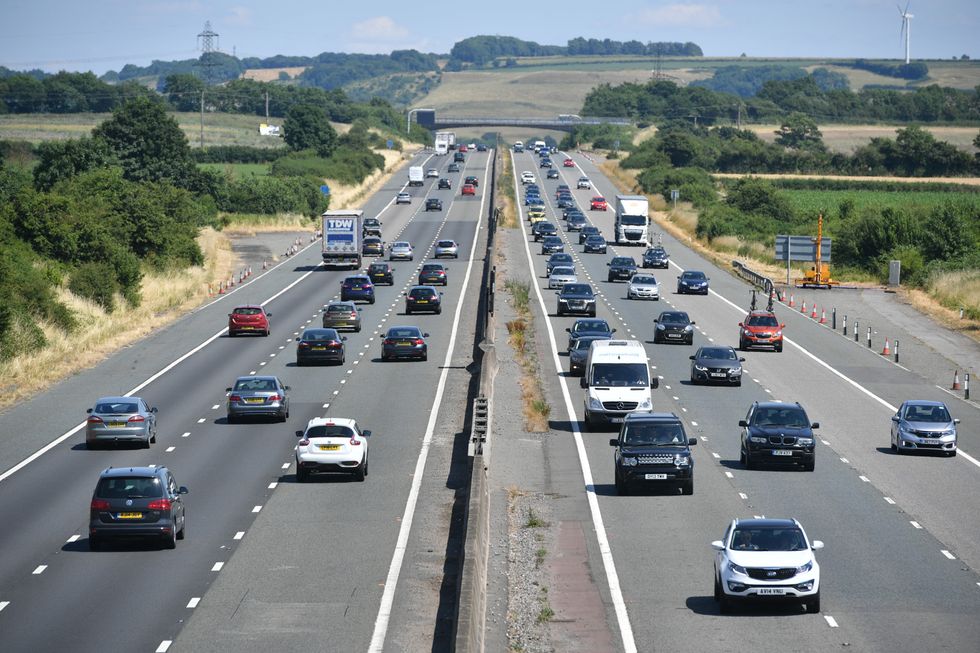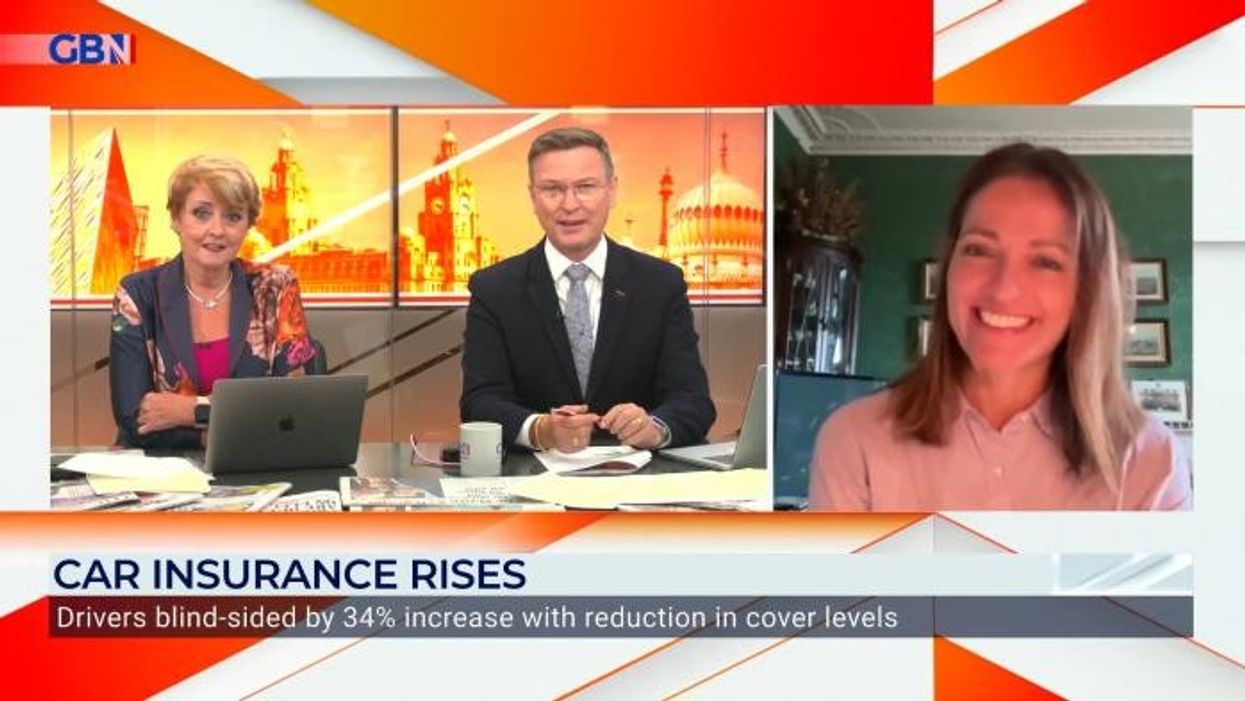Car insurance issues could see drivers hit with huge costs for claims as Britons don't understand rules

Eight per cent admitted that they would not be able to afford the cost to make a claim tomorrow
Don't Miss
Most Read
Latest
Experts have called on motorists to educate themselves when it comes to certain terminology in car insurance policies or they could lose out if they need to make a claim.
Terminologies such as voluntary and compulsory excess are two things linked to car insurance that drivers pay, but only a handful of people know the meaning.
The lack of clarity around car insurance was mainly present in young drivers aged between 18 and 24 with only 17 per cent having a level of understanding around the difference between compulsory and voluntary excess.
In total, data has shown that more than half of surveyed drivers are clueless when it comes to understanding the difference between voluntary and compulsory excess in relation to their insurance policies.
Do you have a story you'd like to share? Get in touch by emailing motoring@gbnews.uk

Lack of clarity around car insurance was mainly present in young drivers
|GETTY
Compulsory excess is the amount set by an insurer provider and is a non-negotiable sum. Voluntary excess, however, is the amount chosen by the policy owner (in this case a driver) and is paid on top of the compulsory excess if there is a need to claim.
The higher the excess, the cheaper insurance premiums tend to be for drivers.
For example, if car insurance has a compulsory excess of £150 and the driver puts in a voluntary excess of £100, when making a claim worth £1,000, the insurer would keep £250 for the excess but pay out the remaining £750.
The excess is in place to stop drivers from making claims for minor things such as bumps and scrapes and to save making a claim for important problems which are more costly for drivers, such as repairing windscreen damage.
Research by Go.Compare found that for drivers over the age of 65, almost three-quarters knew what voluntary excess meant, with 73 per cent saying the same about compulsory excess.
Meanwhile, 32 percent of drivers revealed they fully expected to pay an excess, while a further 12 per cent were surprised by how much the excess was.
Seven per cent remained unaware that compulsory and voluntary excesses would be added together when making a claim.
Tom Banks, a car insurance spokesperson at Go.Compare, which commissioned the research, said: “Excess is clearly still one of the most misunderstood areas of insurance.
“No one wants to spend more time or money than they have to when they’re buying a policy, but it’s worth taking a bit of time over the details when you’re shopping around to make sure you understand what you’re purchasing as you could be in for a shock if you need to make a claim.
“Understanding the excess you will need to pay if you need to make a claim is really important, and excess amounts can vary significantly.
“Opting for a larger voluntary excess to get a cheaper policy, may seem like a good option but it is important to make sure that you could pay the excess if you had to.”
More worryingly, the research revealed that if people had to make a claim tomorrow eight per cent couldn’t afford to pay it, with 40 per cent saying they would need to dip into their savings while 26 per cent said they would use a credit card.
LATEST DEVELOPMENTS:
- Car tax changes are 'critical' as drivers face 'confusion' ahead of major price hikes next year
- Fake speed limit sign sees drivers fined as Sunak attacks Sadiq Khan and Labour for 'hammering' motorists
- Drivers warned of the regions with the highest rates of car theft reports - Is your local area at risk?

The excess is in place to stop drivers from making claims for minor things
|PA
Banks added that by comparing options and taking into account the different excess amounts, it’s a good way to make sure drivers are getting a policy they understand and provides the cover needed.











